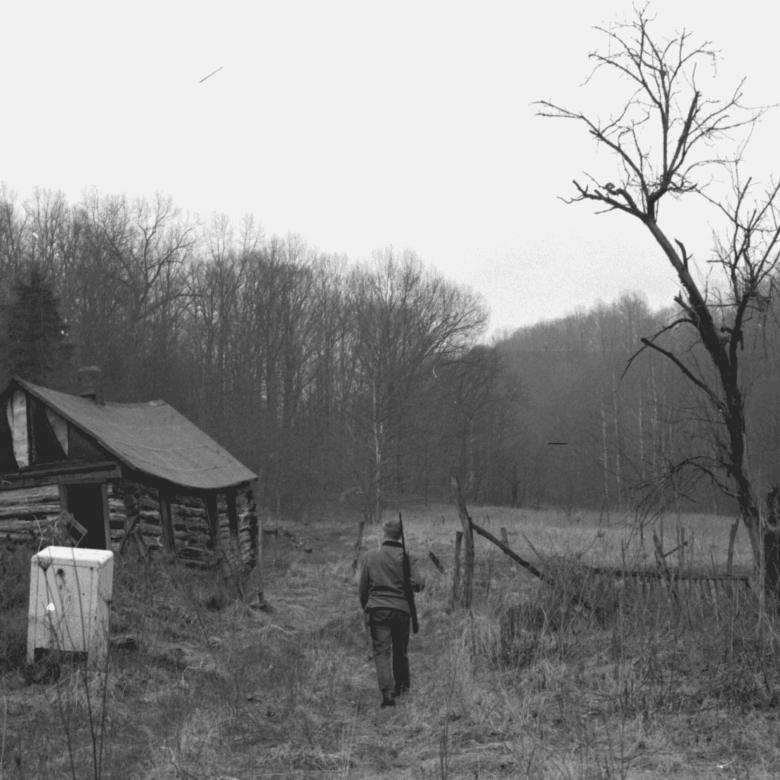New track previews forthcoming album Go Around Songs Vol. 2, a collection of home and live recordings from the 1950s–1970s
Folklorist and singer Ellen Stekert has released her newest single, “Golden Apples Of The Sun,” a deeply personal and historically resonant recording that looks ahead to her upcoming album, Go Around Songs Vol. 2. The album gathers home and live recordings made between the 1950s and 1970s, capturing a lifetime immersed in traditional song and the folk revival.
“Golden Apples of the Sun” sets W.B. Yeats’s poem “Song of the Wandering Aengus” to a melody Ellen has carried with her for decades. “The beauty of this Yeats poem is perfectly matched by its musical setting,” she says. Yet for many years, the origins of that setting had slipped from memory.
“I had long forgotten where I learned the music to which the poem is set,” Ellen recalls, even as she remembered “Judy Collins’ stunning rendering of it on one of her early recordings.” The answer resurfaced unexpectedly during a visit in 1966, when her friend and fellow folk singer Dave Van Ronk stopped by while passing through Detroit. Ellen had been friends with Van Ronk since meeting him at Izzy Young’s bookstore in the mid-1950s—where the folk revival movement began to blossom. “His visit was filled with music,” Ellen says. “And among the songs he played was ‘Golden Apples,’ using his setting. I realized then that it was his setting I had learned.”
The single carries particular historical value because it preserves Van Ronk’s distinctive setting of the song—one that Ellen absorbed so fully it became inseparable from her own singing. “When you sing a song that you love, you absorb it and it becomes impossible to think that there ever was a time when you did not know it,” she reflects. “That was true for me of ‘The Golden Apples.’”
In words that echo Yeats himself, Ellen describes the way songs become part of the singer: “I wondered at how we make songs our own; how they become a part of us… or, as Yeats said, ‘you cannot tell the dancer from the dance’—or, I thought, the singer from the song.”
A rare recording of Dave Van Ronk teaching Ellen his setting of “Golden Apples of the Sun” in 1966 is available here. This recording offers listeners a glimpse into the oral tradition at work.
“Golden Apples Of The Sun” is available now on all major streaming platforms and can be purchased on Ellen’s Bandcamp page. Go Around Songs Vol. 2 will follow, continuing Ellen’s lifelong work of preserving, inhabiting, and passing on the songs that shaped her.










